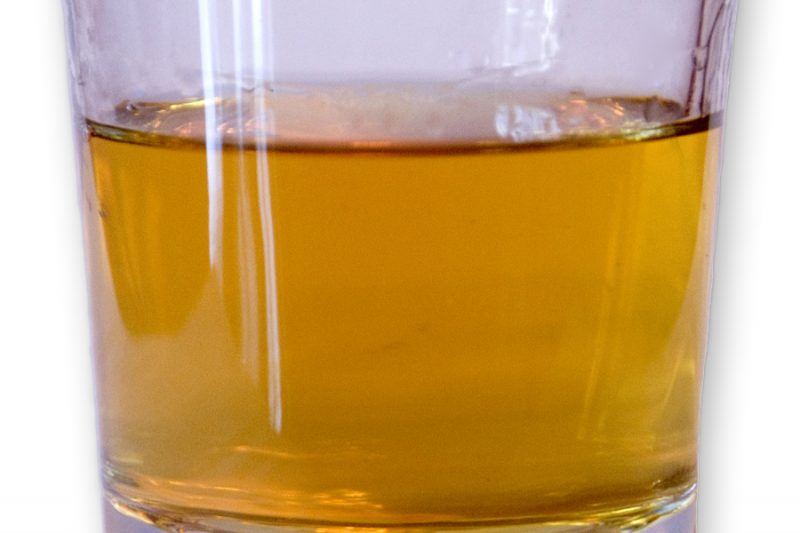Scottish independence could affect Scotch Industry

Scotch companies are growing increasingly worried about the possible effects of independence on their sector. In its latest report Going Scot-Free, Rabobank looks at the possible impact a ‘yes’ win will have on one of Scotland’s leading industries.
While some note that Scottish independence has the potential to boost the sales of Scotch, Rabobank believes that on balance, the overall short-term impact on the industry will be negative. Scotch businesses could be impacted in five key areas:
1. Limited access to export markets
The Scotch industry could face impeded access to EU markets as a result of the (temporary) loss of EU membership and the accompanying loss of EU free trade agreements with member states. The Scottish government would also have a mountainous task in procuring new trade agreements with non EU export markets following independence.
2. Foreign exchange
The future of the GBP currency union will be shrouded in uncertainty if Scotland chooses independence. It is highly likely that whatever currency option is settled on would lead to an increase in foreign exchange risk for Scotch exports.
3. Interest rates
In an industry that is built on long-term strategic decisions, with inventories being held for up to 20 years, rising interest rates can create a serious challenge. In the event of independence, it is expected Scottish country risk will increase, causing interest rates to rise.
4. Taxation
The plans of the ‘yes’ camp to lower corporation tax by as much as three percentage points under the UK tax rate is good news for the Scotch industry. However, there are worries that the Scottish government might be forced to introduce higher taxation for the Scotch industry – one of its highest grossing sectors – to plug part of its fiscal gap in the years following independence.
5. Input costs
The Scotch industry also faces the potential for increased volatility in input costs as a result of the loss of EU subsidies for Scottish farmers. The EU Common Agricultural Policy (CAP) currently provides price support to barley farmers in Scotland. It is uncertain whether Scottish farmers will be able to produce sufficient amounts of barley without this support from the EU.
